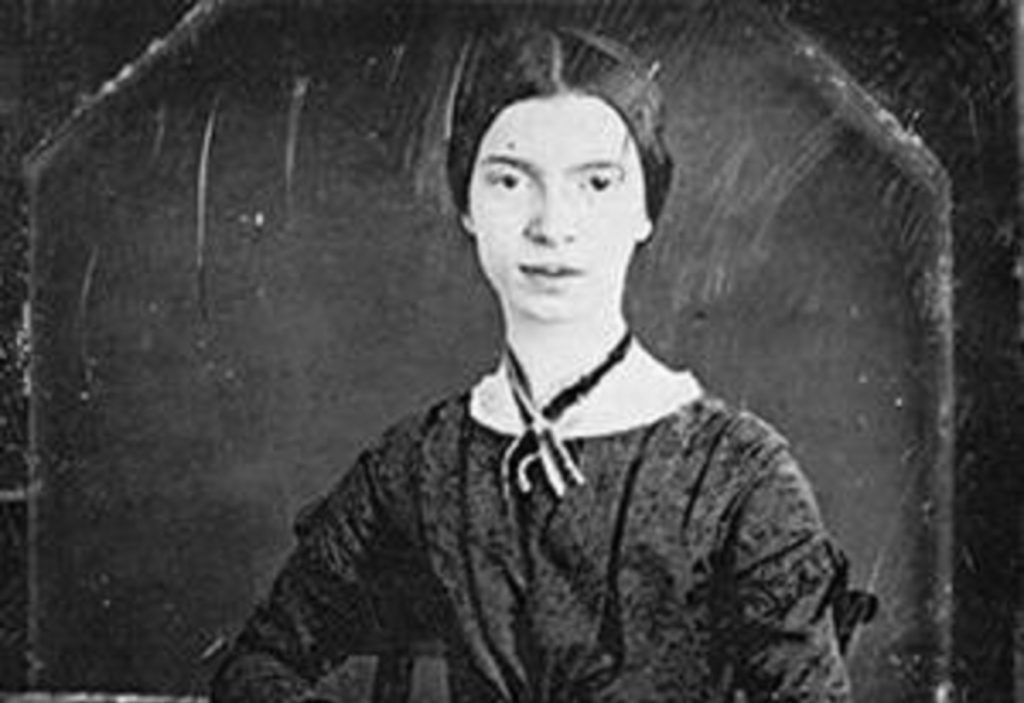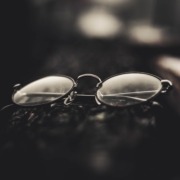What I’m Reading
I’ve had a mighty struggle this past few weeks to do even a minimum of writing (determined to catch up this week…we will see, and, after that, to begin blogging again). Reading obsessively about dementia, getting lost in political news…these things do not seem especially helpful to me.
On the other hand, reading poetry, and reading and listening to poets and creatives about their work is one of my go-to solaces. So here are three things. The first was shared by my good friend Francine, and I’m amazed at the prescience of this 2011 interview with Bill Moyers, who died last week at age 91. Though the news is dire, it’s good to know that such people have been walking this trail before us. It gives me hope.
https://www.democracynow.org/2025/6/27/rip_bill_moyers
I’m also reading When Things Fall Apart by Pema Chödrön — given to me by my friend Therese — and I highly  recommend it.
recommend it.
When things fall apart and we’re on the verge of we know not what, the test of each of us is to stay on that brink and not concretize. The spiritual journey is not about heaven and finally getting to a place that’s really swell. (p. 7)
By “concretize,” I think the author means, don’t grasp, don’t turn it into thoughts or anything you can hold on to. Let it be as amorphous as it is. Just be with all of it.
The third source is the incomparable PÁDRAIG Ó TUAMA from Poetry Unbound. Clicking on his name should take you straight to his most recent substack. Here are a few lines toward the end of Dunya Mikhail’s poem, which Padraig shares in full:
I don’t know why the birds
sing
during their crossings
over our ruins.
Their songs will not save us,
although, in the chilliest times,
they keep us warm…
I don’t know why either, but when I’m outside, walking, at 6 a.m., I listen for them just the same.
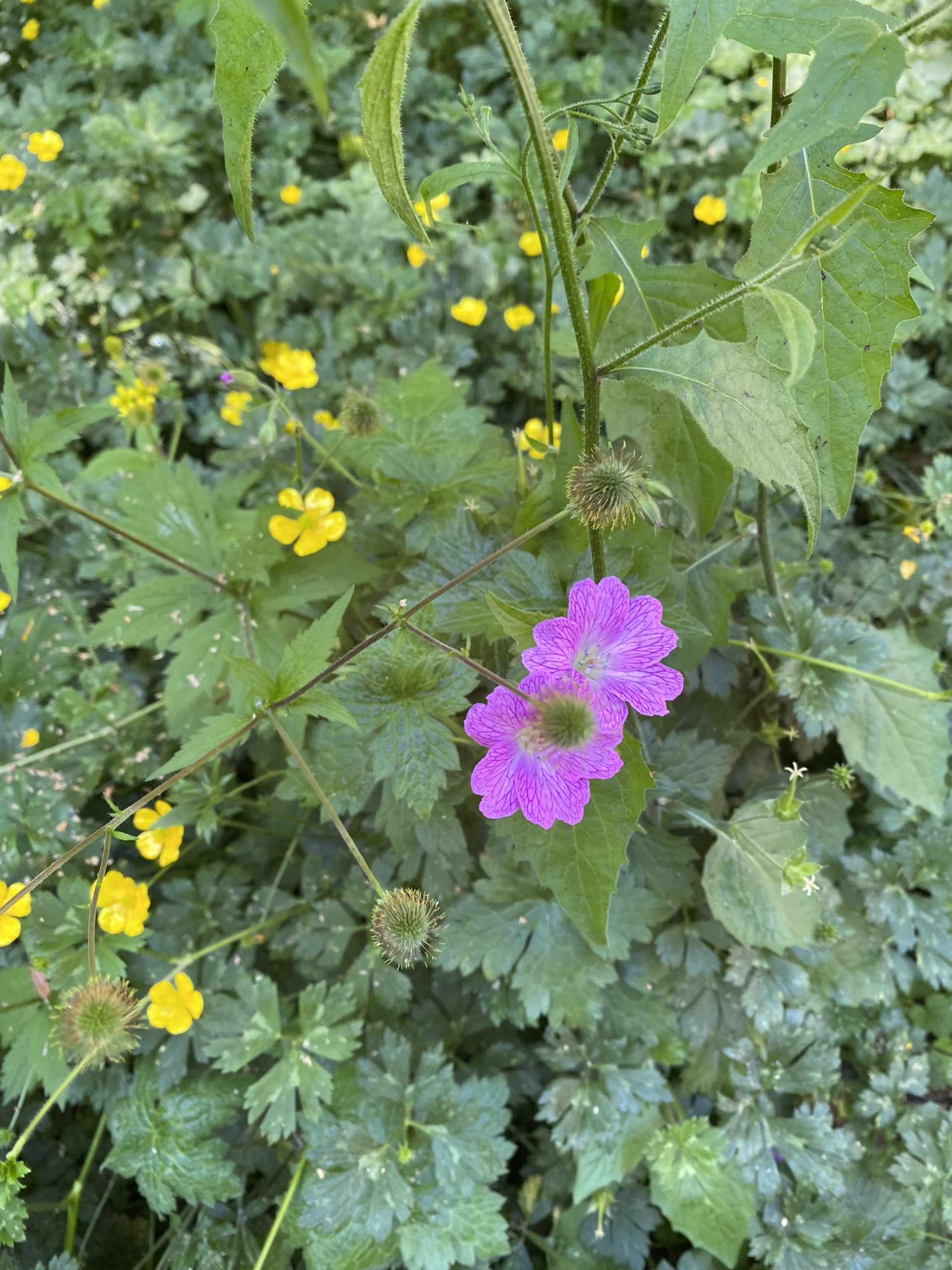

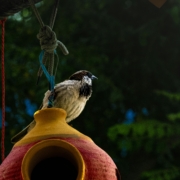

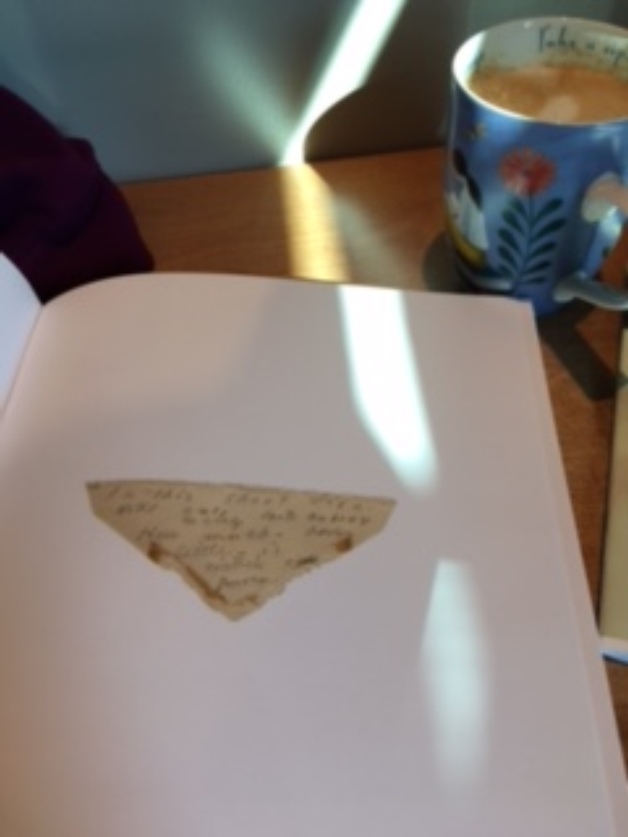 I decided to spend the month of August browsing through, reading, and writing about Emily Dickinson because I knew that doing so would have huge benefits. And it wasn’t simply the benefit of getting reacquainted with Emily that I was after, though it was a major consideration.
I decided to spend the month of August browsing through, reading, and writing about Emily Dickinson because I knew that doing so would have huge benefits. And it wasn’t simply the benefit of getting reacquainted with Emily that I was after, though it was a major consideration.